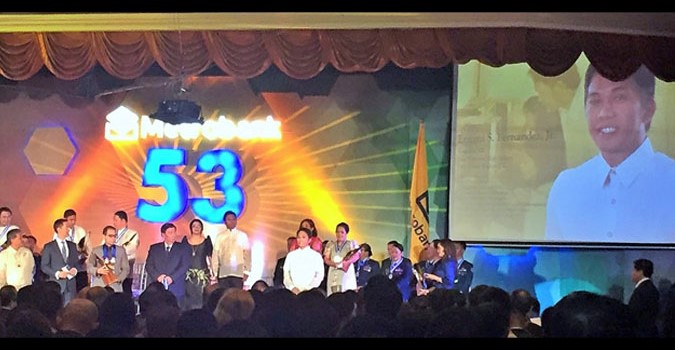Accounting is a service activity and also defined as the language
of the business. There are many
definitions of accounting and you can even state your own definition based on
your experienced in learning and acquiring knowledge and skills.
This is the lesson given to the fourth year students of Palo
National High School this school year 2012 – 2013 as their Technology and
Livelihood Education IV – Business Technology in the 1st and 2nd
Grading Period. At first, students found
it difficult to understand… because they have to learn the definitions of the terminologies
in accounting before analyzing business transactions.
I can say that the most difficult lesson in accounting is not
the analysis of transactions but understanding the accounting terminologies
that include the accounts in Assets, Liabilities, Capital, Drawing, Income and
Expenses. After unlocking the
terminologies, then move to the concept of accounting… the preparation of the
financial statements that involve computation with correct analysis.
But how it will be prepared?
Still, there are steps to be done before producing the financial
reports. Students must have precise
analysis of transactions in doing the 1st step of the accounting
cycle, journalizing, up to the last step.
This lesson requires the students to study hard and acquire
the knowledge and skills in accounting. If
they will take business courses in college or accountancy course, then, they have
advanced knowledge that will make them active student in the chosen course. With the skill acquired, they may also take
the National Competency exam of Technical Education and Skills Development
Authority (TESDA), the Bookkeeping NC2/NC3.
If I will give the analysis or assessment of the learning of
the students in the lesson, I will say that “Debit Experience, Credit
Knowledge, Increase in Experiences because of Accounting Tutorials and
Activities, Increase in Knowledge because of the Lessons in Accounting.”
My students learned the lesson not just on the 4 walls of the
classroom. Different strategies were
applied and they have extended learning to some of the students through
tutorials. Information and Communication
Technology (ICT) was integrated to motivate the students.
Top students from every section were selected and joined the Fourth
Year SPED in the tutorial project. The schedule
of class at the school is 6:00 AM to 2:30 PM.
Before going home, it became routine activity of the student-tutors to
conduct 1 hour tutoring to their peers. This
increased their learning experience and
increased their knowledge in the lesson.
Truly, through peer tutoring, students will learn without the
hesitant of asking query from their peers.
The normal manual procedure in doing the accounting cycle innovated
with the use of ICT.
After the all the lessons and activities, students made their
blog and a printed journal to be compiled as a sort of their testimonies in the
accounting lessons.






No comments:
Post a Comment